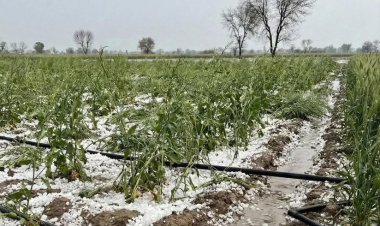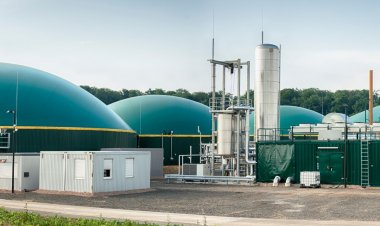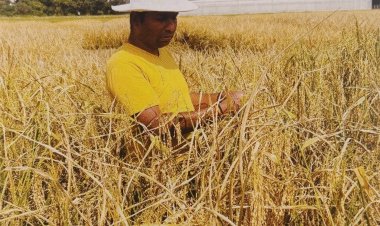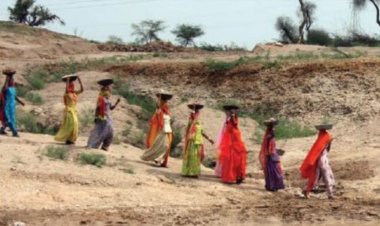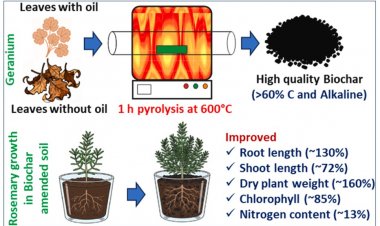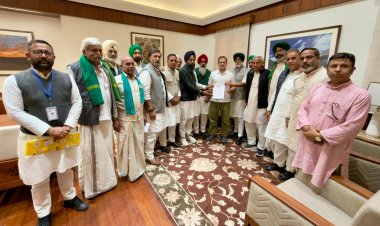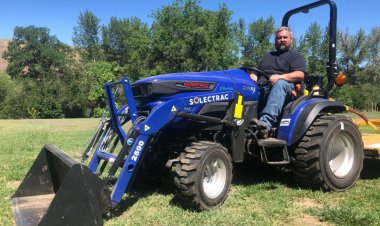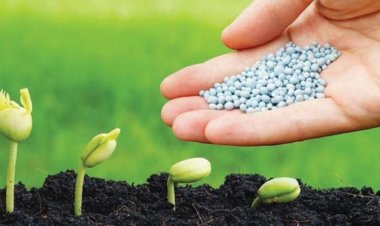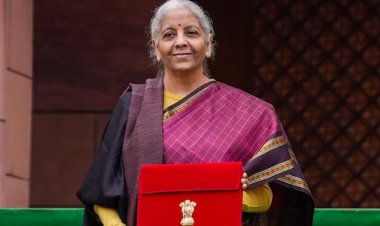ICAR can conduct field demo, trial of GM mustard this Rabi season
Addressing a joint press conference, National Academy of Agricultural Sciences (NAAS) President Trilochan Mohapatra and Trust for Advancement of Agricultural Sciences (TAAS) Chairman RS Paroda said the environment release of DMH-11 was a "landmark decision" breaking a long logjam on the release of GM food crops. ICAR should be in a position to conduct field demonstrations and trials of DMH-11 in the next 10-15 days in key mustard-growing states — Rajasthan, Haryana, Punjab, and Madhya Pradesh, they said.
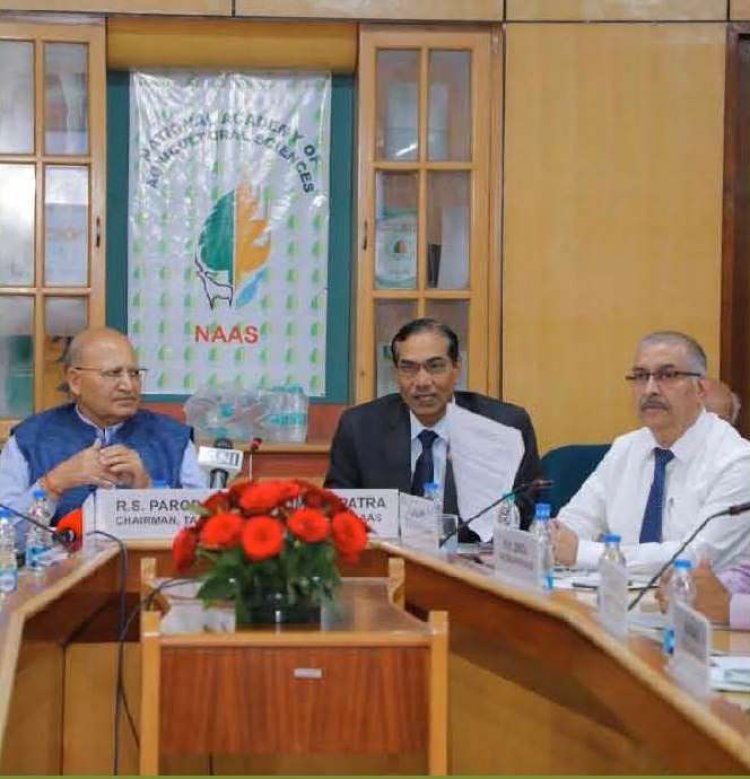
New Delhi
Government agri-research body Indian Council of Agricultural Research (ICAR) can conduct field demos and trials of the recently approved GM mustard hybrid DMH-11 this Rabi season and make it available for commercial use within three years, top officials of agri think-tank NASS and TASS said on Monday.
On October 25, the Environment Ministry approved the "environment release" of transgenic mustard hybrid DMH-11 and the parental lines containing barnase, barstar and bar genes so that they can be used for developing new hybrids under the supervision of the ICAR.
Addressing a joint press conference, National Academy of Agricultural Sciences (NAAS) President Trilochan Mohapatra and Trust for Advancement of Agricultural Sciences (TAAS) Chairman RS Paroda said the environment release of DMH-11 was a "landmark decision" breaking a long logjam on the release of GM food crops.
ICAR should be in a position to conduct field demonstrations and trials of DMH-11 in the next 10-15 days in key mustard-growing states — Rajasthan, Haryana, Punjab and Madhya Pradesh, they said.
ICAR, under the aegis of the agriculture ministry, is an apex body for research and education in agriculture in India. About 111 institutes and 71 varsities function under it. BT cotton is the only non-food crop allowed for commercial cultivation in India at present.
Explaining the need for further trials, Mohapatra said DMH-11 has already been tested for agronomic and yield performance by the ICAR's Bharatpur-based National Research Centre on Rapeseed-Mustard but only in limited locations. At that time, it could not be tested in more locations as the technology was not deregulated.
With the environmental release of DMH-11, the technology has been deregulated and can now be tested again in more locations and demonstrated in the fields as well as used for developing newer hybrid varieties, he said. "All three activities will be done simultaneously. ICAR can easily start the field demonstration from this Rabi season," Mohapatra, a former Director General of ICAR, said to reporters.
At present, only 10 kg of DMH-11 seeds is available. Since less quantity of seeds is available, it can first be used for demonstration purposes while some quantity can be used for field trials in more locations. After ascertaining the yield potential of the DMH-11, seed multiplication will be done, he said.
Mohapatra clarified that the environmental release did have the government's approval. Although he admitted that, unlike earlier, the Genetic Engineering Appraisal Committee (GEAC) was now only a recommending body, he said that it was also true that the recommendations could not be issued without the consent of the Environment Minister. In such a scenario, it was clear that the move had the government's approval.
"With (the) available seeds, ICAR can easily conduct 50-100 field demonstrations under (a) controlled environment this Rabi season to check the performance," Paroda said. Efforts are needed to produce more hybrid seed through private and public partnership so that a larger area could be covered in the next cropping season, he said.
Both Mohapatra and Paroda said this entire process would take at least two years and the hybrid will be available for commercial release within three years.
Paroda recounted how he had once asked Dr Norman Borlaug why Green Revolution that worked in India could not be replicated in Africa. Borlaug replied that first of all, Africa lacked policy support/political commitment. Second, it did not have institutions to do good research. Third, it lacked competent human resources, including farmers and the media. Fourth, it did not believe in partnership as India did.
Clearing apprehensions regarding DMH-11, NAAS Secretary KC Bansal said DMH-11 was not herbicide-tolerant as mistaken by many. Herbicide is only required for hybrid seed production.
"(The) use of herbicide by farmers is not required in the fields to reap the high yield levels," he said, adding that DMH-11 gives 28 per cent higher yield than the existing varieties and should be promoted for reducing the country's import dependency on edible oils. India's average mustard yield is 1-1.3 tonnes per hectare.
If we are stuck in oilseeds at 1-1.25 tonnes of productivity while the world is producing at the rate of 3-3.5 tonnes -- granted that they are temperate countries -- we can at least double it in our environment with the help of technology, said Paroda. He said that India had done this in the case of maize during his tenure by bringing in Plant Variety Protection Act and enabling things. Maize production doubled from 2000 to 2010 with the help of single-cross maize hybrid.
Bansal further said DMH-11 has neither threat to honeybees nor any health risks to human beings reported so far. He also said it was high time the country became self-sufficient in edible oils as Australia had recently approved herbicide-tolerant GM mustard to meet India's edible oil demand.
India has a deficit of edible oils by 55-60 per cent of total consumption. About 13.35mn tonnes of edible oil was imported in the 2020-21 financial year.



 Join the RuralVoice whatsapp group
Join the RuralVoice whatsapp group


















